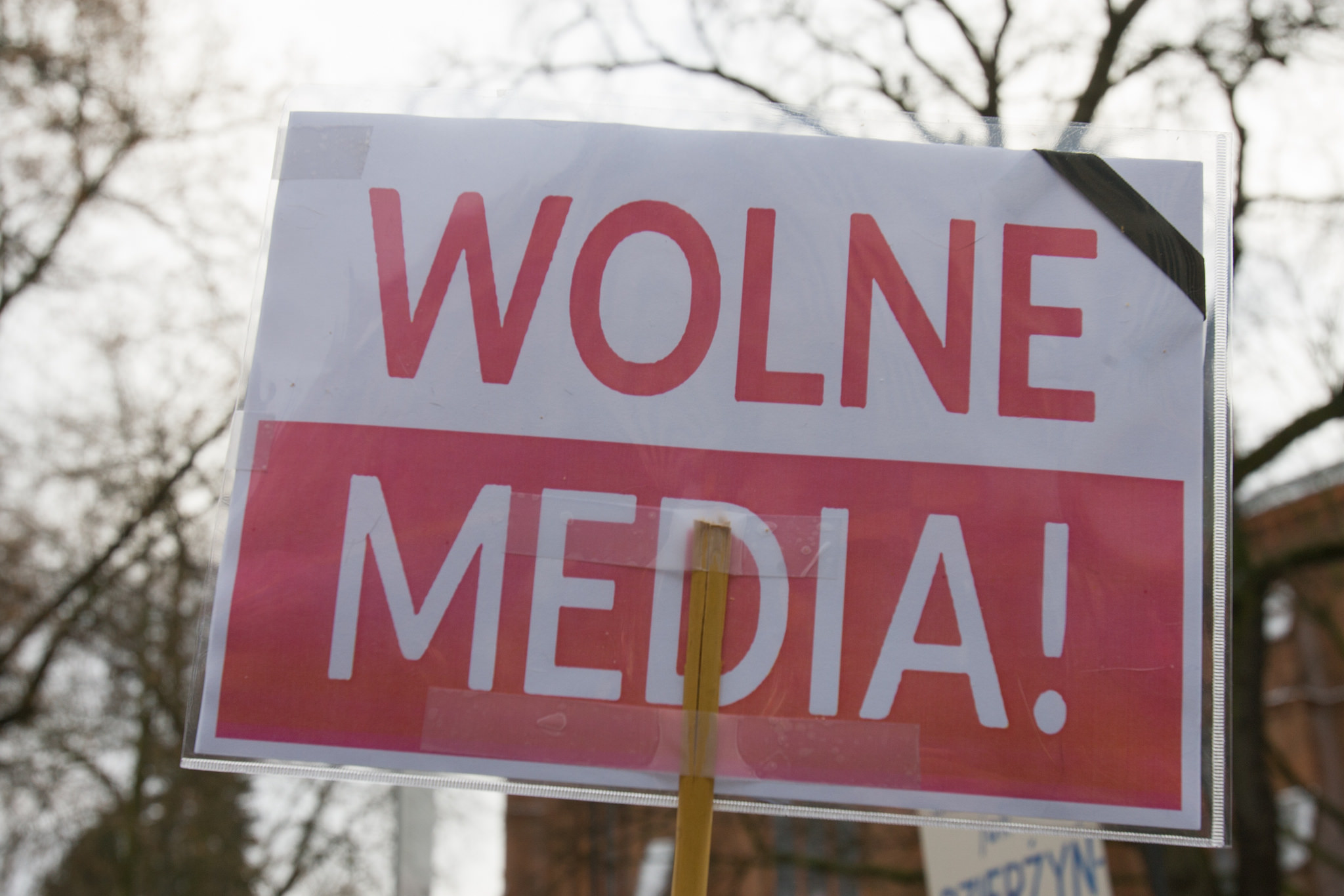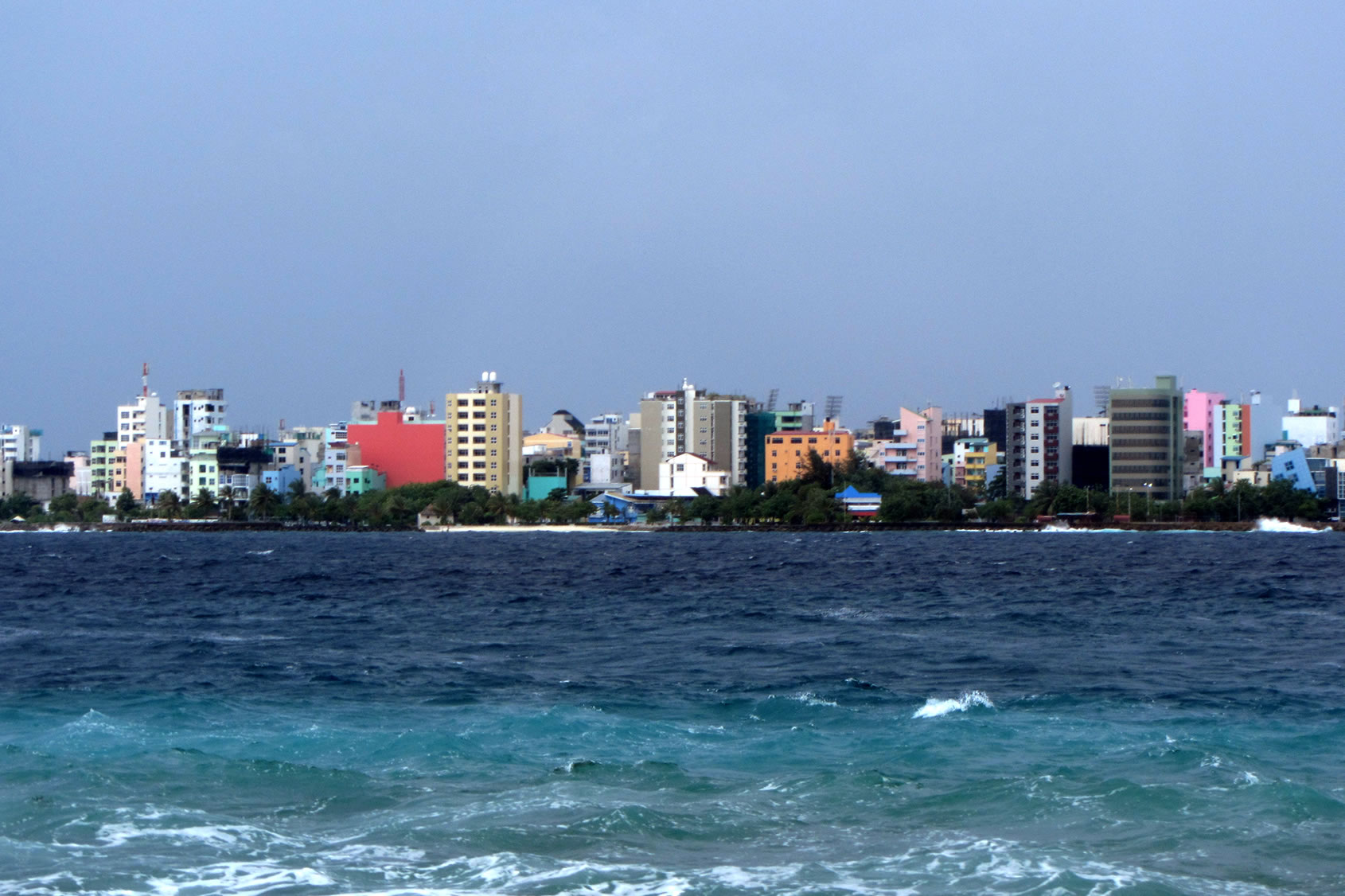The passing of a new defamation law will have further serious consequences for freedom of speech, the media and democracy in the archipelago State.
On 9 August the Maldives’ parliament passed a law criminalising defamation, giving regulators the authority to revoke broadcast licenses, shutter media outlets and the ability to interrupt broadcasts.
Punishments for those convicted under the new law includes fines of up to USD $135,000 with a failure to pay resulting in a jail term of up to six months, according to a UN press release.
The draconian law has been widely interpreted as an attempt by President Abdulla Yameen to stifle criticism from both the media and Maldivian citizens, after accusations of human rights violations and embezzlement. The draconian law was passed by a vote of 47 MPs to 31, with only four MPs from the ruling coalition rejecting the motion.
The new bill resonates with recent regulatory powers introduced by Thailand’s military government, and will have a profound effect on the Maldives’ young democracy, which emerged in 2008 after decades of autocratic rule.
As in Thailand, advocates of free expression have voiced their concerns stating that a free and independent media is essential in holding government to account. Minority leader Ibrahim ‘Ibu’ Mohamed Solih told the Maldives Independent: “Freedom of expression is the basis of democracy. This bill will destroy that foundation”.
This latest attack on freedom of expression comes a month after Channel News Maldives was forced to close after it accused the First Lady of corruption, and just months after the Maldives’ High Court attempted to ban journalists from another closed outlet from working for the independent Mihaaru newspaper. Last week two holidaymakers were banned from visiting the Maldives for a decade after photographing opposition protest rallies in the capital, Malé.
The Public Media Alliance upholds the principle that a free and independent media is a democratic necessity. As an organisation we are increasingly concerned about the growing infringements upon freedom of expression and democratic principles in the Maldives and stand firm in our belief that a key role of the media in any democratic country is to hold power to account.
Related Posts
6th January 2017
The ongoing struggle for media freedom in Poland
It is just over a year since Poland’s…
17th November 2016
Controversial defamation penalties revealed in the Maldives
Freedom of expression and media…
16th June 2016
New CIMA report on independent media in the Balkans
This timely new report by CIMA offers…

